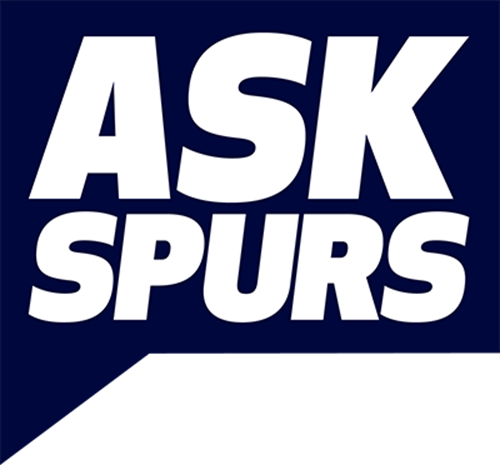Tottenham Hotspur (Spurs) Football Club is located in North London. The club is also known as Spurs. Tottenham's home ground is White Hart Lane. The club motto is Audere est Facere (To dare is to do).
A seven-question introduction to the men and women behind the scenes at the club starting with Press Officer John Fennelly. 
1: How did you start in journalism?
JF: I was looking for any job with a future so I went for a job in insurance but only had the interview and thought it wasn't for me. On the way I saw in the old Evening News a job for a kid with sports knowledge to act as a Fleet Street copy boy. That paid £11 a week, insurance paid £22 but I eventually went off to join Hayters News Agency and onto just about every national newspaper going.
2: How did you get from sports journalism to being the club's Press Officer?
JF: When I finished my apprenticeship I worked on the Weekly Herald covering Spurs and built up my contacts. When they created this job I was doing build-up to the Olympics at the Daily Mail but the chap who took the job didn't last too long and they asked me to come and do it. My plan was to stay for a couple of years but here I am 100 years later!
3: What does the Press Officer's job entail?
JF: It's not as hands on as it was before when I was writing everything. Now there is a team involved. I'm dealing with press on all matters, not just matchday but interviews and press conferences. I oversee the programme, the magazine, which is contracted out, the website and spurs (((on!))), our new mobile phone service. I'm also responsible for the PA system, THTV on the jumbotron on matchdays, commentary for the blind - all the things under the 'media' umbrella. I also work closely with PR and marketing.
4: Do you consider us to have a good or bad press?
JF: Most people think their own club gets a terrible press because they only read their own stuff. I do think we try to meet the press half-way and help them where they can but sometimes they get an agenda and it's very hard to switch them off that.
5: What career advice would you give a budding journalist?
JF: Education is the spice of life. You only really needed 'O' levels when I started to get on an NCTJ course. I got in ahead of everyone else because I had 'A' levels. When I was a kid you couldn't do media studies but now you can do these degrees, go out and get them. After that, be prepared because it won't be as flash as you imagine. Get out, graft and get a good reputation for reliability.
6: How has the job changed down the years?
JF: When I first arrived I was given the job as the club journalist. It wasn't quite the same then and there weren't the big press conferences you get now. Then, journalists lived and died by their contacts, now they contact the press office, say they want to interview a player and we do it that way. There is an insatiable appetite for football as well now. Sky Sports News are everywhere and the game is massive. That is reflected by the fact that back then there was just me - I did the programme, magazine and organised the press on matchday. There is a lot more pressure now.
7: What do you most enjoy about the job?
JF: The fact that I'm a Spurs fan, was as a kid and I'm involved with the club. The interaction with the players is the best bit. The matches as well - anything to do with the pure football.





















